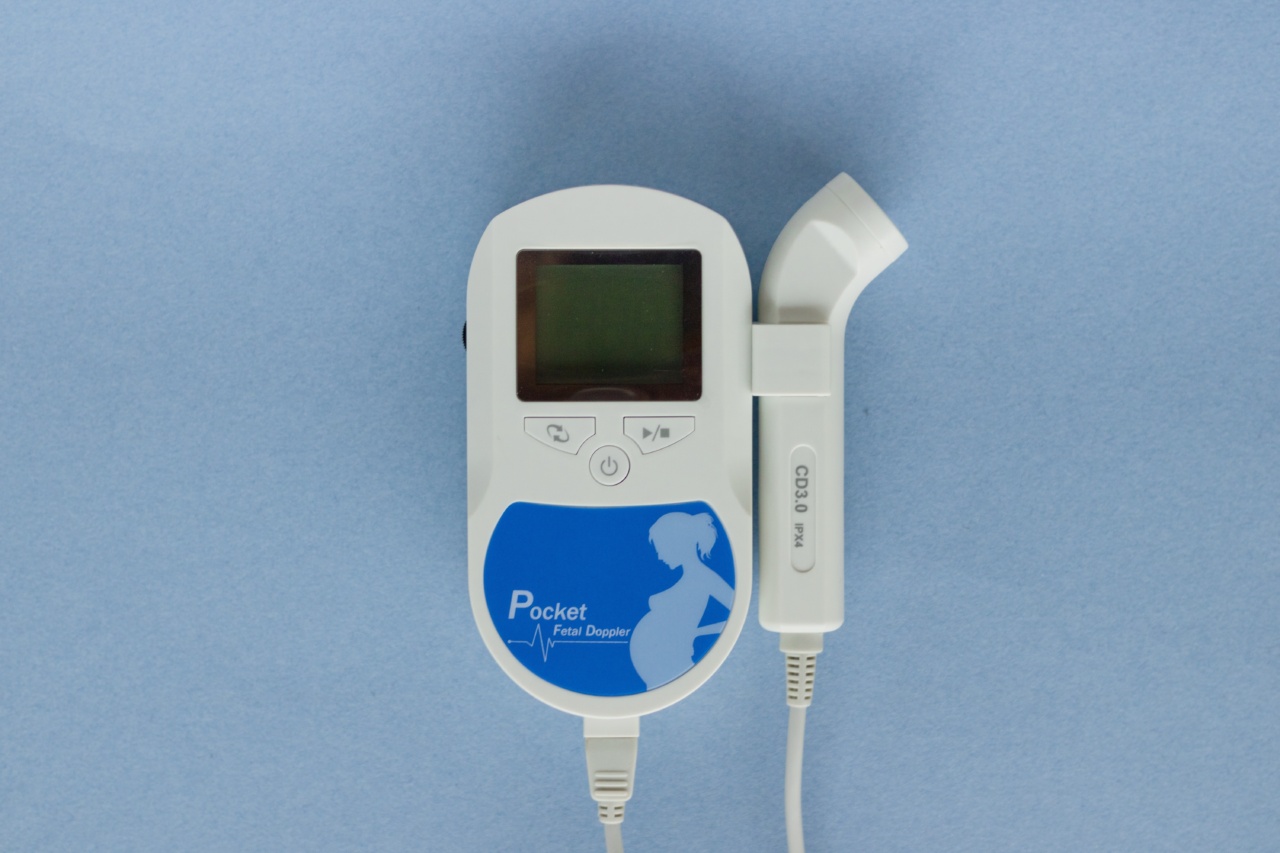The 26th week of pregnancy marks the start of the third trimester, which brings your journey closer to meeting your precious baby. At this stage, your baby has grown significantly and is gaining strength each day.
Let’s delve into the fetal movements and size during this exciting phase of your pregnancy.
Fetal Movements at 26 Weeks
By the 26th week, your baby’s movements will have become much more noticeable and frequent. You’ll start feeling a variety of kicks, jabs, and rolls that may even take your breath away at times.
These movements signify that your little one is developing their muscles, bones, and reflexes.
While fetal movements can vary from baby to baby, it’s important to monitor them regularly. If you notice a sudden decrease in movements or have any concerns, consult your healthcare provider.
They can perform a non-stress test or ultrasound to ensure your baby’s well-being.
Size of Your Baby
At 26 weeks pregnant, your baby is approximately the size of a kale. They measure around 14 inches (35 cm) from head to toe and weigh around 1.7 pounds (770 grams).
However, every baby develops at their own pace, so don’t worry if your little one is slightly smaller or larger than average.
During this stage, your baby’s body is becoming more proportionate. The head is still relatively large, but the body is catching up in size. Fat deposits continue to fill out your baby’s skin, making them look less wrinkled and more plump.
Development of Your Baby
At 26 weeks, your baby’s growth and development are in full swing. Here are some key developments taking place:.
1. Muscle Development
Your baby’s muscles are becoming stronger and more defined. These muscles are crucial for movements such as grasping, sucking, and even facial expressions like smiling or frowning.
2. Sensory Organs
The sensory organs, including the eyes and ears, are rapidly maturing. Your baby can now respond to light and sound stimuli from within the womb. They may even startle or respond to your voice.
3. Lung Development
The lungs are developing further, preparing for the crucial task of breathing outside the womb. While they are not fully functional yet, crucial steps are being taken to strengthen the respiratory system.
4. Brain Development
Your baby’s brain is rapidly developing and forming complex neural connections. The wrinkled appearance of the brain’s surface, known as gyri and sulci, allows for increased surface area, essential for cognitive development.
5. Sleep Patterns
Your baby now experiences periods of REM (rapid eye movement) sleep and non-REM sleep. These sleep cycles form an integral part of brain development and growth.
6. Reflexes
Various reflexes, such as the sucking reflex and swallowing, are fully present now. Your baby practices these reflexes, preparing for feeding after birth.
7. Immune System Development
Your baby’s immune system is developing rapidly. They are receiving antibodies from you, providing them with initial protection against certain infections.
8. Taste and Smell
Your baby’s taste buds are developing, and they can experience different flavors of the amniotic fluid. Additionally, the sense of smell is also developing, allowing them to recognize certain scents.
9. Positioning
By this stage, your baby may have settled into a head-down position in preparation for delivery. However, don’t worry if they are still in a different position as they still have plenty of time to maneuver.
10. Maturing Skin
The skin is becoming less transparent as it continues to develop. The protective waxy coating called vernix caseosa is also present on their skin. This coating protects your baby’s delicate skin from the amniotic fluid.
Conclusion
The 26th week of pregnancy is an exciting time for fetal movements and growth. Your baby’s movements are becoming more pronounced, and you can start bonding with them outside of ultrasound appointments.
Remember to monitor these movements and consult your healthcare provider if you have any concerns.
As your baby continues to grow, their sensory organs, muscles, and reflexes are rapidly developing. Your little one is also settling into a position that prepares them for birth.
Rejoice in this amazing journey and savor every moment of the third trimester!.






























